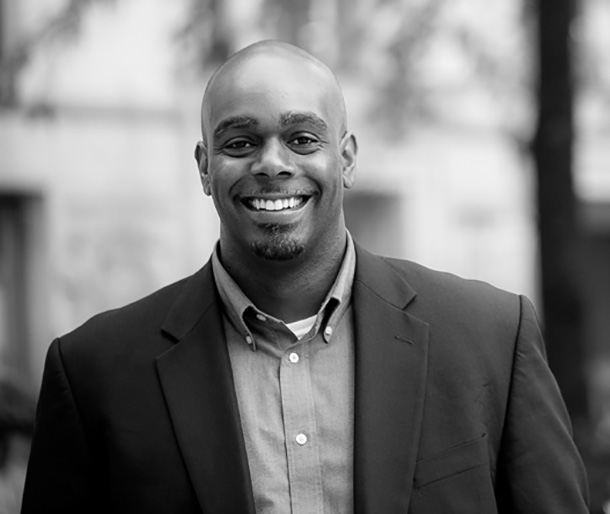By Josh Sledge, Senior Director and Arjun Kaushal, Associate, Financial Health Network
The tragic murder of George Floyd at the hands of police has once again brought the inequities of the criminal justice system into focus. The violence captured on film has rightfully drawn a passionate response, as protestors demand justice for Floyd and an end to police brutality. Within this push for reform, we also have an opportunity to call attention to the less overt but still devastating impact that the criminal justice system has on the financial health of black and brown individuals and their families, given well-documented racial disparities in incarceration. One example of this impact comes from the extensive fines and fees charged by the system, which can bring families close to financial ruin.
A Quick Primer on Fines and Fees in the Criminal Justice System
Fines are designated as monetary punishment for “noncompliance” with the law — think traffic tickets or citations for littering. Fees are charged to cover the costs of being involved in the criminal justice system; this includes room and board for those that are incarcerated or rental costs for electronic ankle monitors. In some cases, people are quite literally paying for attorneys to prosecute them.
Criminal justice fines and fees have been on the rise, with 48 states increasing charges since 2010, often in order to cover the costs of growing prison systems or fund the general budget. For instance, in the wake of the 2014 police-involved shooting death of Michael Brown, a Department of Justice report found that the town of Ferguson, Missouri, funded 23% of its total revenue with fines and fees. In total, estimates have found that 10 million people collectively owe over $50 billion in unpaid debt to the criminal justice system.
It’s important to note that these fines and fees are disproportionately levied against communities of color as an extension of the inequities in the criminal justice system. In the U.S., black men are incarcerated at more than five times the rate of white men. Black and Hispanic drivers are also more likely than white drivers to be stopped by police for being deemed suspicious, and are more than three times as likely to be searched. Consequently, 12% of black families reported unpaid legal expenses, fines, or court costs, compared with just 5% of white families and 9% of Hispanic families, according to the Federal Reserve.
The Dire Consequences of Fines and Fees on Financial Health
Debt from fines and fees can make it nearly impossible for someone to free themselves from the grips of the system. One study found that the average person leaving jail takes more than $13,000 in criminal justice debt with them, an amount roughly equal to 60% of a formerly incarcerated person’s income. Consequently, fines and fees become a family affair, with 60% of formerly incarcerated people relying on family members to help make payments.
These families bear the cost because the consequences for not doing so can be severe: mounting late fees, damage to credit scores, wage garnishment, or driver’s license suspension. Failure to pay criminal justice debt can even lead to a person being reincarcerated. Facing those possible outcomes, people make difficult decisions that can extract wealth and damage their financial health. For instance, a survey by the Alabama Appleseed Center for Law and Justice found that, among state residents with outstanding court debts, more than 80% reported cutting back on basic needs and 44% used a payday or auto title loan in order to pay off debt. More troubling, almost 40% committed a crime to pay off their debt, demonstrating how fines and fees can contribute to cycles of recidivism.
Where Do We Go from Here? Studying, Supporting, and Listening
Over the past year, we’ve been studying the intersection of criminal justice, financial health, and race. This moment in time leaves us more committed to examining, analyzing, and supporting solutions to a broken criminal justice system that disproportionately targets and punishes black and brown communities. Admittedly, we’re new to this conversation and we’re seeking to learn more about the criminal justice system across other focus areas, including bail, financial services in prison, and re-entry. As we do so, we strive to uplift the work of other organizations that have been leading the way in this space through research, advocacy, and activism, such as the Ella Baker Center for Human Rights, Brennan Center for Justice, PolicyLink, Vera Institute of Justice, the San Francisco Financial Justice Project, and other organizations working in communities across the nation.
Our team is keen to contribute to the work of criminal justice reform through research and collaboration with the advocates and stakeholders leading the way. We welcome any opportunities to connect, learn, and push for a better justice system and stronger financial health for those it touches.
If you’d like to connect to share insights or explore collaborations on criminal justice reform and financial health solutions, please reach out to Josh Sledge at jsledge@finhealthnetwork.org.


